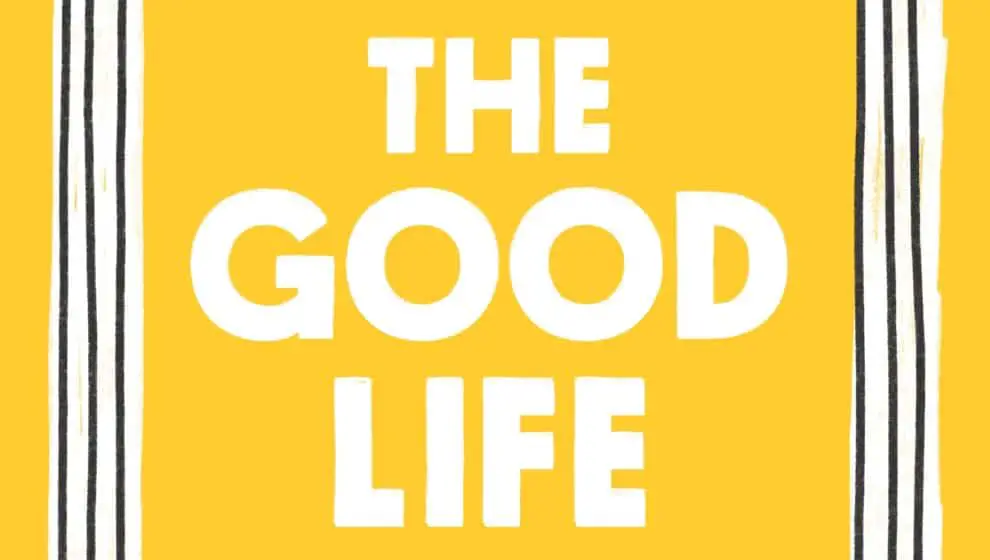In their book, The Good Life Method, two philosophers seek the answers to some of life’s biggest questions, helping readers along their journey to find faith and happiness.
Key Details
- Notre Dame philosophy professors Meghan Sullivan and Paul Blaschko dive into some of the most puzzling life questions in their latest book.
- The lessons imparted in the book are drawn from a course they have worked on at Notre Dame called “God and the Good Life.”
- Like in their course, the book grapples with how a person can find meaning in life.
- Within the pages, readers can take a peek into the professors’ classroom as they deal with issues such as whether or not a person should be religious and how much a person should sacrifice for his fellow man.
- The authors also seek advice from the words of some of history’s most famous philosophers like Aristotle, Marcus Aurelius, and W.E.B. DuBois.
Why it’s important
How to live well and find meaning in life has long been a question readers struggle to answer. Sullivan and Blaschko’s work provides one avenue to find an answer to life’s most daunting questions. The professors invite readers to investigate their deepest questions using real-world case studies.
The Good Life Method doesn’t shy away from asking about some of the deeper topics, such as death, suffering, and whether or not God exists.
Sullivan and Blaschko argue that a person’s “good life plan” is an ever-changing and evolving one. By doing so, the reader can grasp some sense of control in a tumultuous and surprising life.
In their book, Sullivan and Blaschko draw on the wisdom of philosophers hundreds and even thousands of years in the past to give answers to modern-day difficulties.

